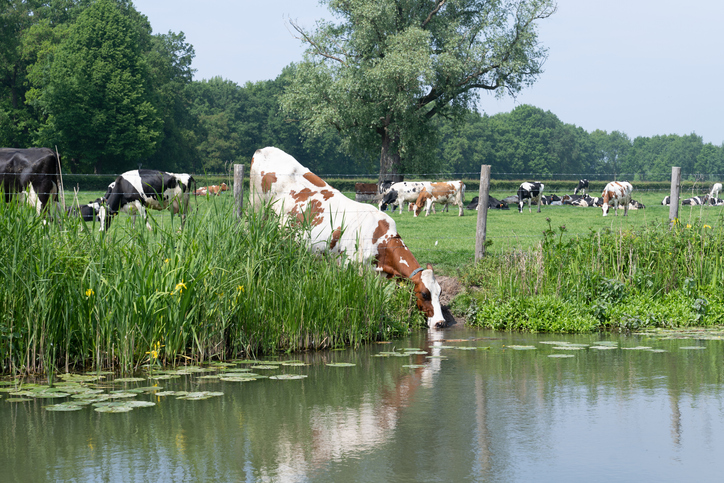Washington state is home to approximately 1.6 million cattle on around 9,000 ranches or feedlots. For some portion of their lives, those cattle will graze on rangeland pasture and seek out water from streams, rivers, or ponds during the summer months.
Late in 2021, the Washington State Department of Ecology sought comments on a plan to require all ranchers to be in possession of surface water use permits to water their livestock from streams, rivers, or ponds. After an outcry from the livestock raising community, the plan was scrapped in favor of more stakeholder meetings.
SSB 5882 seeks to legislate a similar requirement for livestock raisers in our state. In its initial filing, the bill would have guaranteed livestock producers access to water for grazing livestock and codified surface water diversions into troughs or other means of watering where it was feasible. The revised bill language requires ranchers to divert water, notify the Department of Ecology of where the diversion is located, and demonstrate how that diversion “enhances and protects water quality and provides environmental protection and value to the stream.”
Requiring livestock grazers to determine how a surface water diversion will “enhance and protect water quality” and “provide environmental protection and value” to a stream implies the need to hire outside consultants for seasonal grazing of livestock.
The current Department of Ecology policy encourages, but does not mandate, diversion of water from surface water sources into troughs or other watering apparatus. This was the basis for the initial version of SSB 5882.
As rules become more complex, it is increasingly important for the people who produce food to be part of the conversation in a meaningful way. Range riders, ranchers, and even Ecology staff tasked with monitoring permits need to be invited into discussions with policymakers to ensure policy makes sense in real world application.
The revised language of SSB 5882, shows a disconnect between policy and practicality. The practical reality of rangeland grazing is there are places where installing a surface water diversion is not a realistic expectation given the topographic and accessibility limitations of the land.




